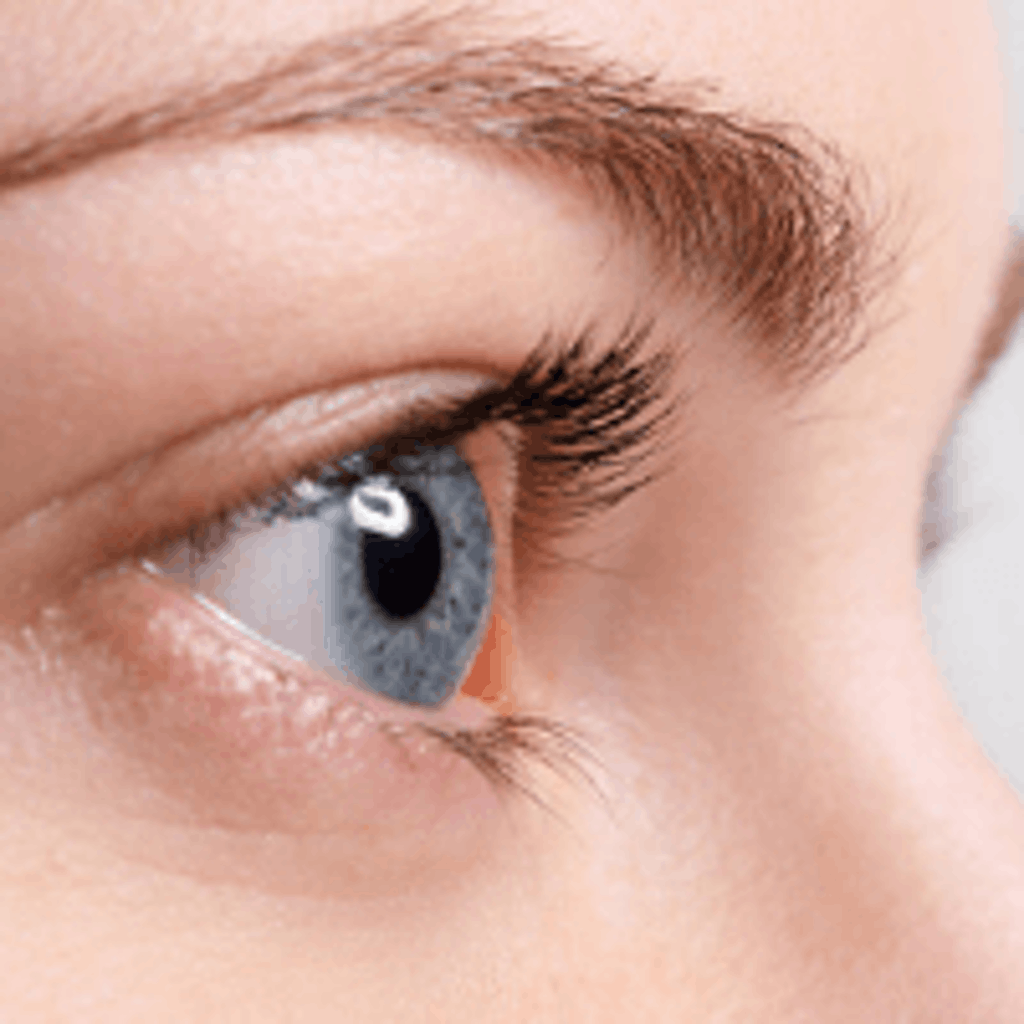Contents
In many cases, an alcoholic may be abusing alcohol in order to cope with symptoms of depression or another mental or emotional concern. If a person is not yet ready to address their emotional pain, eco sober house price they may lie about their drinking so they do not have to address the underlying problem. Keep in mind that when a person truly has alcoholism, they will lose the ability to control their drinking.
He argues that alcohol is a genetic disease, not a symptom of a traumatic life, and that alcoholism causes psychiatric disturbances rather than developing in response to them. Another time, my husband and I were putting up the Christmas tree. I was pretending to be sober, but I really needed a drink. I told my husband the tree would look better with more lights, so why didn’t he run up to Target and get a couple strings. While he was out, I hopped in my car and got to the liquor store and back before he returned. I woke up, took a shower, and was getting ready for work.
- Other substances interfere with the brain’s ability to reabsorb neurotransmitters, which causes them to remain present in the brain in larger quantities.
- Many people with the disorder lie and blame others for their actions.
- Many who have lived in the poisonous’ shadow of the alcoholic can attest to the damage they experienced.
- I really wish I had understood this in the beginning and not got to the point where she wasn’t comfortable talking to me about her drinking.
Verywell Mind articles are reviewed by board-certified physicians and mental healthcare professionals. Medical Reviewers confirm the content is thorough and accurate, reflecting the latest evidence-based research. Content is reviewed before publication and upon substantial updates.
How to Support a Loved One Struggling with Alcoholism
Until, finally, I couldn’t function anymore and had to accept that I needed help. I now recognize that I hurt my friends, family, coworkers, and myself. I have worked to change and regain the trust of those people.
People who struggle with alcohol addiction may never have learned the skills to cope with life’s problems and struggles. They may have found short-term relief in their drinking and, when you ask about their alcohol abuse, they may wonder why you are trying to keep them away from something that helps them. To understand why people who struggle with alcoholism also lie frequently, it can be helpful for you to understand the logic of addiction or the thought process behind lying and alcohol abuse.
Why People Who Struggle With Alcoholism Lie
I didn’t have anything to drink in the house, so with my hair half-wet, wearing sweatpants and a T-shirt, I drove to Walgreens and bought a bottle of cheap wine . I told the checkout lady we were having a party to celebrate my manager’s engagement, and I was supposed to bring wine. I’m sure she shook her head as I walked away, knowing the sad truth. But why did I lie about other things too, about things so benign that a lie was completely unnecessary? This lie usually comes into play in one of these two instances. And secondly, when we would rather lie than to face facts and dedicate ourselves to a life-changing program.

Beyond addiction and recovery, she also covers topics relating to general well-being, mindfulness, fitness, mental health, and more. When she’s not writing, you can find her relaxing with her three-legged cat, trying new workout routines, and spending time with her loved ones. If you or someone you know is struggling with alcoholism or any kind of addiction, we can help you here at Crossroads Rehab in Naples, Florida. Crossroads is a state-of-the-art alcohol treatment center. We take a holistic and individualized approach to your rehab and recovery, addressing your physical, emotional, social, and spiritual needs.
As a result, they lie about their drinking or blame others for their problems. However, these behaviors can fracture their relationships, threaten their employment and exacerbate their addiction. Many people with alcohol addiction grapple with guilt and anger, which can lead to blame.
Alcoholism and addiction greatly affect everyone surrounding the addict. Behaviors and actions do not go unnoticed, and for the most part, anyone close enough to you knows that you know that you are lying to yourself. In reality, everyone that cares for you is going through this with you. Another truth is, it’s not only being an alcoholic and/or drug addict that’s hurting them the most. By believing this lie that your alcoholic/addict mind came up with, you are discrediting the feelings and emotions of those that are watching you slowly destroy yourself. These lies are usually because the alcoholic is in denial about their drinking problem.
Common Lies Told by Addicts/Alcoholics and Facing the Truth
If you cannot stay abstinent from alcohol according to your plan, you might feel ashamed or disgusted with yourself. You may blame yourself for “weakness” or a lack of willpower. Lying about drinking can temporarily conceal feelings of shame. But if alcohol misuse and unsuccessful attempts to find sobriety continue to be covered up, your sense of shame may deepen. Shame is a common treatment barrier for addiction.5 Transparency about your drinking can help you access recovery resources and learn to externalize shame. When I was an active alcoholic, I operated out of fear.
Can these people not see how sketchy it makes them seem? It reminds me of when we were young and our parents or teachers would confront us about something. For whatever reason, we assumed the truth would make them angry, so we chose to lie, making them more angry than they might have been if we’d just told the them the truth.

No matter how many rules or stories you create, they are not a substitute for the medical, behavioral, and educational services that many people need to find sustainable recovery. 4 If you find it hard to control your drinking, treatment can help. If someone you https://sober-house.net/ love is lying about their alcohol use, it can be helpful to understand the reasons behind their actions. It’s also good to be aware of the common lies that alcoholics may use, as the knowledge can help you protect both yourself and your addicted loved one.
Blame Is an Outcome of Denial
Other substances interfere with the brain’s ability to reabsorb neurotransmitters, which causes them to remain present in the brain in larger quantities. According to the National Institute on Drug Abuse, drugs interfere with the ability of neurons to send, receive, and process information using neurotransmitters. Lying might occur because people are no longer making rational decisions about their lives and their behavior.
Related Resources
I apologize for the length of the reply, but I hope it helps in some small way. I’m in no way excusing the behaviors of an alcoholic. I’m just trying to provide some perspective to your question.
If you or your spouse is dealing with alcohol use problems and they’re more than you can handle on your own, it may be time to consider professional treatment options. Even though there’s been a recent shift towards compassion for those with addiction, that stigma still exists — and the people who are struggling feel it. Excessive drinking has numerous impacts on your body and mind, ranging from mild to severe. Learn which signs to look out for, and how to care for your well-being. Most of us who drink do so responsibly, he believes.
For some, blaming others protects them from taking responsibility themselves. Denial, blame and dishonesty may anger loved ones, but it is important to understand that these actions are a product of the disease rather than a true representation of the person’s character. Don’t delay treatment; start your road to recovery now. Because alcohol is often used as a coping mechanism, some alcoholics are afraid to remove alcohol from their lives as they think their worlds will become exponentially more complicated. Instead, they lie about their struggle with alcohol to keep it around and a part of their daily lives. The last thing someone struggling with alcoholism wants is to be labeled as an alcoholic.
Maybe we’ve made it a day, or even a week without giving in to the craving, but then ended up hooked once again. In fact, this exact lie is the one where we find ourselves in complete denial and believing our own lies to avoid the truth. Many people today do not view addiction as a disease, which it is. And much of society places blame on people with alcoholism.






































